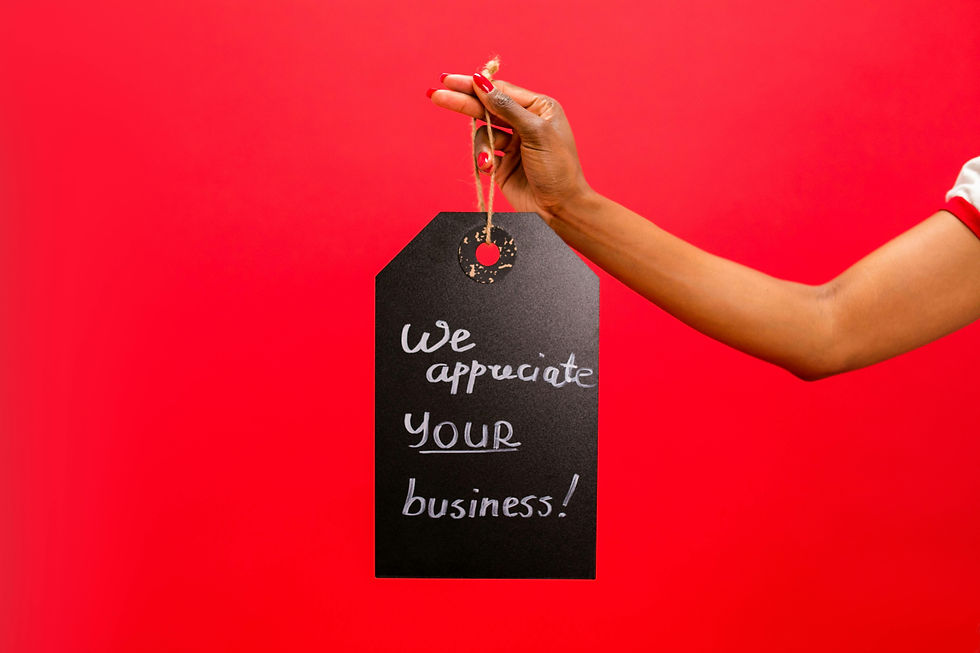How COVID-19 Changed the World and Why Cleaning is More Important Than Ever
- SYN

- Jun 11, 2025
- 2 min read

The COVID-19 pandemic has profoundly changed the way we live, work, and interact. What began as a health crisis quickly evolved into a global event that reshaped economies, daily routines, and our awareness of personal and public hygiene. One of the most significant lessons we’ve learned from the pandemic is the critical importance of cleaning and sanitation — not just at home, but in workplaces, schools, transportation, and public spaces.
The Global Impact of COVID-19
When COVID-19 emerged in late 2019, it spread rapidly across countries, overwhelming healthcare systems and triggering widespread lock downs. The world faced social isolation, travel restrictions, business closures, and a wave of uncertainty. Millions of lives were lost, and even more were permanently changed. It wasn’t just the virus itself that disrupted society — it was the sudden realization of how interconnected and vulnerable we truly are.
Businesses adapted by shifting to remote work, schools transitioned to virtual learning, and people began to avoid crowded spaces. Health and safety protocols, such as mask-wearing, frequent handwashing, and surface disinfection, became a global priority.
A New Understanding of Cleanliness
Before the pandemic, cleaning was often seen as a routine task—important, but not urgent. COVID-19 changed that perspective almost overnight. Cleanliness became a first line of defense against the virus and other pathogens. It was no longer just about appearances; it was about safety and survival.
The importance of cleaning went far beyond wiping down kitchen counters. It extended to:
High-touch surfaces like door handles, steering wheels, phones, and elevator buttons
Shared public spaces such as grocery stores, restaurants, offices, and public transportation
Personal spaces including homes, vehicles, and workplaces
Businesses were especially affected, with many having to upgrade their cleaning protocols, implement daily sensitization schedules, and invest in disinfection technologies to ensure customer and employee safety.
Why Cleaning Remains Imperative Post-Pandemic
Even as the immediate threat of COVID-19 has eased in many parts of the world, the need for strict cleaning practices remains essential. Here’s why:
Preventing Future Outbreaks
New viruses and variants can emerge. Maintaining strong cleaning habits helps reduce the spread of not only COVID-19 but other infectious diseases like the flu and common cold.
Building Public Confidence
Clean environments make people feel safe. Whether it’s a store, a restaurant, or a ride-share vehicle, customers are more likely to trust and return to businesses that prioritize cleanliness.
Promoting Personal Health
Regular cleaning helps remove bacteria, allergens, dust, and pollutants that can negatively affect respiratory health and overall well-being.
Protecting Vulnerable Populations
Children, the elderly, and people with compromised immune systems rely on clean spaces to stay healthy.
Sustaining Good Habits
The pandemic taught us to be more mindful of hygiene. Continuing these practices can help keep our communities safer in the long term.
Final Thoughts
COVID-19 changed the world in ways we will feel for generations. It taught us that health is fragile and that prevention is key. Cleaning is no longer just a matter of tidiness—it’s an essential practice that protects lives, supports public health, and promotes confidence in our shared spaces. Keeping our homes, cars, and workplaces clean is now a responsibility we all share in creating a safer world.



Comments